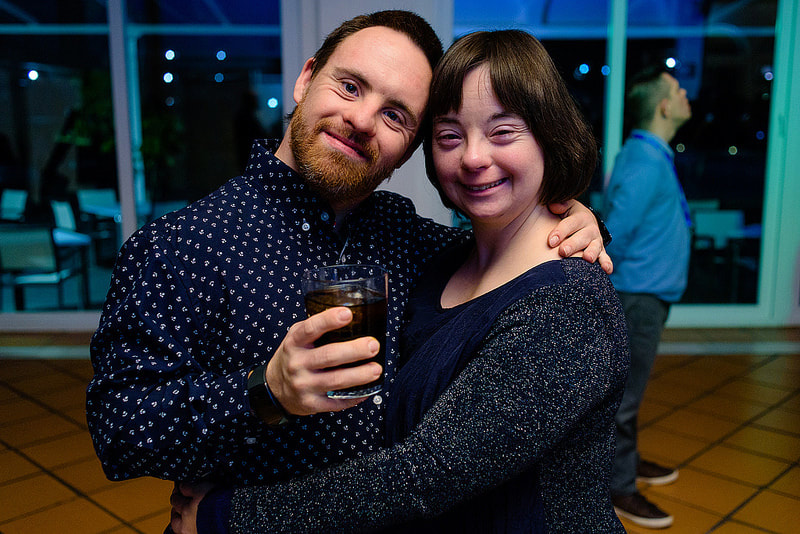| Arguments over abortion laws tend to teeter on the edge of the legal moment when a fetus becomes a human being capable of independent survival, worthy of sympathy and eligible for rights. It’s a rather arbitrary legal measurement, at best. But the sympathy part becomes especially tricky when you’re face-to-face with the parent of a child who has Down syndrome. Utah lawmakers are hoping to turn that natural |
| | sympathy into law. Their efforts may be more a message than anything, but the message is worth pondering. Nowadays, pre-natal testing can determine, within a margin of error, whether an unborn child has Down syndrome long before the fetus is viable. What happens next has a lot of people with Down syndrome children upset. By some measures, between 67 percent and 90 percent of American women who receive such a pre-natal diagnosis choose to abort. Amber Merkley is a parent who faced that diagnosis and elected to bear the child. Now the mother of a fresh-faced little boy named Finn, who has Down, she spoke at a press conference Monday. She described, as I’ve heard so many similar mothers describe, how her child has helped her family become softer, kinder, more compassionate and tolerant of all differences. “He has a heart that sees another person’s heart in an instant,” she said. Some mothers of older Down syndrome children can tell of how their children are independent and prosperous. These include Collette Divitto of Boston, who runs her own successful cookie business. When WBZ TV profiled her recently, she began receiving orders nationwide. She described feeling inspired by all the positive feedback. That, of course, is in contrast to how many mothers feel when they first receive the diagnosis. Merkley was one of those. She admits being devastated at the time. Doctors told her all the difficulties that waited, and they offered her the option of ending the pregnancy. The Utah bill, HB205, would make it illegal to take that step. It would outlaw abortions where the sole reason is because the fetus has been diagnosed with Down syndrome, making doctors who perform such abortions guilty of a class A misdemeanor. A second part of the bill would require doctors to give a more balanced view of raising a Down syndrome child when presenting the diagnosis to a mother. This would include referring her to support groups and others who are knowledgeable on the subject. Oh, and the bill comes with one other thing — a note from the legislative general counsel’s office saying it has a “high probability of being declared unconstitutional by a court.” Utah isn’t the only state confronting this issue. Similar bills were passed into law in Indiana, North Dakota and Ohio, where Gov. John Kasich signed a version last month making it a felony to perform such an abortion, with doctors facing a possible 18-month prison sentence and the loss of a medical license. It’s a small movement, of sorts, against a troubling trend. A federal judge already has blocked Indiana’s law. Utah’s bill has a severability clause, which supporters hope would mean that, even if the abortion part of the law were struck down, the part about forcing doctors to give a more balance presentation would remain. If nothing else, the bill will force some introspection on the broader implication of aborting such children. As I wrote last summer, Iceland is close to completely eradicating Down syndrome through abortions. The same is true in some other European countries. An Icelandic mother of a 7-year-old girl with Down told CBS she thinks the question ought to be, ““What kind of society do you want to live in?” I assume by now you’ve figured out how easy it would be to get around this law. A mother would simply need to give a reason other than the diagnosis for wanting the abortion. Similarly, there are no penalties for doctors who might ignore the requirement to refer a patient to Down syndrome experts. The bill would send a message, even if only a brief one, that the world would be a worse place if everyone with Down syndrome were gone |


 RSS Feed
RSS Feed

